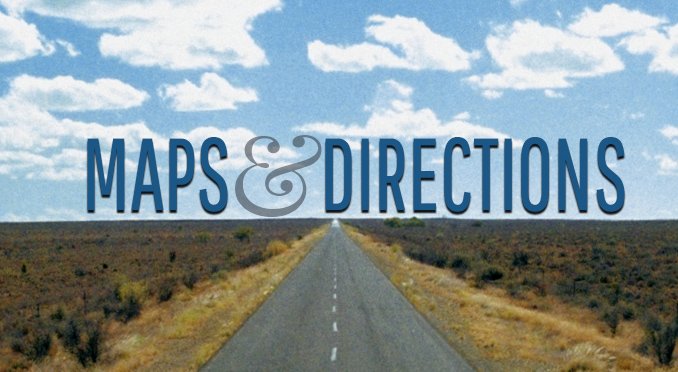
10 Facts about Grief and Grieving
One reason that we often find grief such a difficult challenge is that we have never learned what to expect. The following facts will help you understand some crucial truths about grief and grieving and how we can work through the process to find healing.
1. Grief is normal.
Grief is not a disease. It is the normal, human response to a significant loss. Admittedly, saying that grief is NORMAL does not minimize its DIFFICULTY. But you are not crazy, or weak, or “not handling things.”
2. The worst kind of grief is YOURS.
When you lose a significant person from your life, whatever the relationship, it hurts and nothing takes away from your right to feel the loss and grieve the absence of that person from your life.
3. The way out of grief is through it.
We need to find the courage to go through this experience of grief. Learning this is a major key to recovery.
4. Your grief is intimately connected to the relationship.
To fully interpret our grief response we need to understand what the relationship brought to our life and therefore what has been lost from our life.
5. Grief is hard work.
A grief response is often referred to as “grief-work.” It requires more energy to work through than most people expect.
6. Your grief will take longer than most people think.
How long will grief last? It is finished when it is finished. As John Donne says, “He who has no time to mourn, has no time to mend.”
7. Grief is unpredictable.
Just when you think you have it figured out something comes along to surprise you. In fact the one predictable thing about grief is that it is unpredictable.
8. There may be “secondary losses” to deal with.
The death of any individual, difficult as that may be by itself, may also precipitate many other changes in your life. There may be many losses - environment, status, alteration of relationships - because of the death. Each one has its own impact and each loss needs to be mourned.
9. Grief comes and goes.
Just when we think we are getting over it, we may experience another devastating setback. This can be discouraging to those who do not know what is happening. We need to realize that this is the way grief works itself out and trust that the process, difficult as it is, is helping us work towards reconciliation.
10. Effective grief work is not done alone.
Try to find a support group, counselor, clergy member, spiritual director or grief companion who can help. Or talk to someone who has been through a similar experience. I believe in the power of shared experiences, and often others who have been through the deep places can be a real help. Grief is about coping with the loss of a relationship and often in a helping relationship, relief can be found.
~Adapted from an article by Dr. Bill Webster





